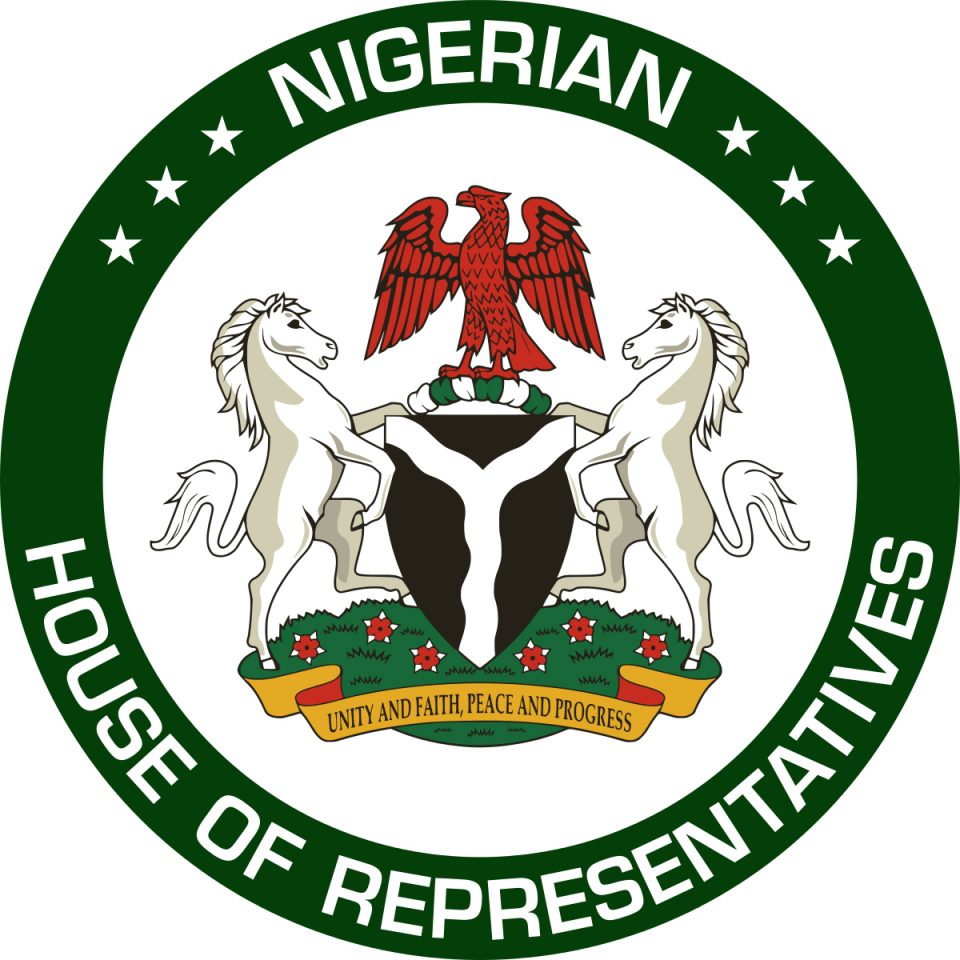The House of Representatives has resolved to investigate contracts, and operations which led to the total collapse of the multimillion dollars scanners in all the sea ports and border stations in the country.
This was sequel to a unanimous adoption of a motion by Rep. Leke Abejide (APGA-Kogi) at plenary on Thursday.
Moving the motion earlier, Abejide said that the Committee on Customs and Excise visited and discovered anomalies that if not tackled, the Nigerian ports would remain at the risk of imminent collapse.
He said that the non-functional scanners rotting away at the ports were meant to detect arms and ammunitions concealed in containerised cargoes.
According to the lawmaker, this is further putting the country at risk of unabated security risk and challenges.
He recalled that in 2006, Nigeria acquired cargo scanners worth more than 120 million dollars and retained the service providers on Build, Own, Operate and Transfer (BOOT) terms.
The contract he noted was also for the service providers to provide training services and technical support to the Nigeria Custom Service (NCS) on risk management, valuation and classification.
“By the end of 2013, the transition process from Cotecna, SGS Scanning Nigeria Limited, and Global Scan Systems Nigeria Limited, the former service providers, were completed and the scanners handed over to the NCS.
“The modernisation in the NCS did not last very long, as a year after the handover, the scanners had stopped functioning and Nigerian ports and borders were once again returned to the analogue era of 100 per cent physical examination.
“The scanners which were installed at various Customs operational locations such as Tin Can Island Port, Apapa, Port Harcourt Area One Command, Onne Port, Kano, Murtala Muhammed International Airport, Lagos, Seme and Idi-lroko borders, Port Harcourt and Nnamdi Azikiwe International Airports, among others are today non-functional.
“It is an indication that the service providers might have handed over faulty scanners to the NCS,” he said.
Abejide said that the Smiths Hiemann 2533 HCY machines which were installed and managed by the multinational firm Cotecna had not been put to use since 2015 when the contract with the firm was revoked and re-awarded to a Nigerian firm, GlobalScan Systems Ltd.
The representative said that only about 40 to 60 containers were being physically examined at the Apapa port daily, while between 50 and 70 are examined daily at Tin-can Island port.
He explained that an installed scanner could take up to about 150 containers and examine them daily.
Abejide said that with physical examination, importers’ containers spend weeks at the nation’s seaports over delayed clearance.
According to him, the delay is such that containers now spend months to be cleared due to the delay.
“This development has no doubt increased cost for importers, estimated to run into millions as businesses pay rent to terminal operators and demurrage to shipping companies for not clearing their goods within a specified time as a result of slow and cumbersome nature of manual inspection of containers at the seaports.
“Through such physical examinations, the Tin Can Island Command of NCS in 2016 intercepted some rifles, military gas masks and ammunition, military kits, caps and boots, which were concealed under the guise that they were personal effects.
“The command likewise intercepted 470 pump action rifles in 2017 as a result of 100 per cent physical examination.
“There are lots of intricacies and perplexities in the transfer of scanners from the original manufacturers Smith Detection/Cotecna Destination Inspection Ltd to Global Scan Systems Ltd.
“This has led to the total collapse of the scanners which, according to the Committee findings are better in terms of standard than the scanners in the Port of Doha, Qatar.
“If the scanners are properly maintained using the right technical know–how, they would have served Nigeria for 30 years,” he said.
The house urged the Federal Government to provide viable scanners for Nigerian ports and boarder stations.
The lawmakers recommended that relevant stakeholders such as the NCS and the Nigeria Ports Authority should be involved in the process from inception of negotiation.
In his ruling, the Deputy Speaker, Rep. Ahmed Wase mandated the Committee on Customs and Excise to investigate the era of scanners in Nigeria and report back within six weeks for further legislative action.




